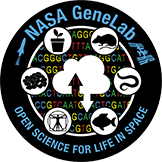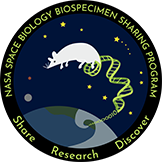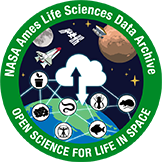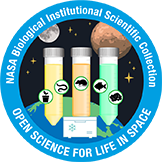Unveiling Astronaut Health: Explore the SOMA Package in Nature Press
The SOMA initiative presents an in-depth map elucidating the physiological ramifications of spaceflight on the human body. This resulted in the synchronized release of 40 publications in Nature Press documenting the molecular, cellular, physiological, and phenotypic changes observed during spaceflight. Check out some of the publications that stemmed from the AWG community and Ames Research Center.
I4 Mission: Commercial Astronaut Data Now Available on OSDR!
OSDR now hosts processed commercial astronaut data from the Inspiration4 mission! This comprehensive study includes whole blood and urine samples, microbial swabs from the crew and the spacecraft cabin. The open access of these datasets in the NASA OSDR provides a unique opportunity to further unlock profound insights into the consequences of space travel on the human body.








